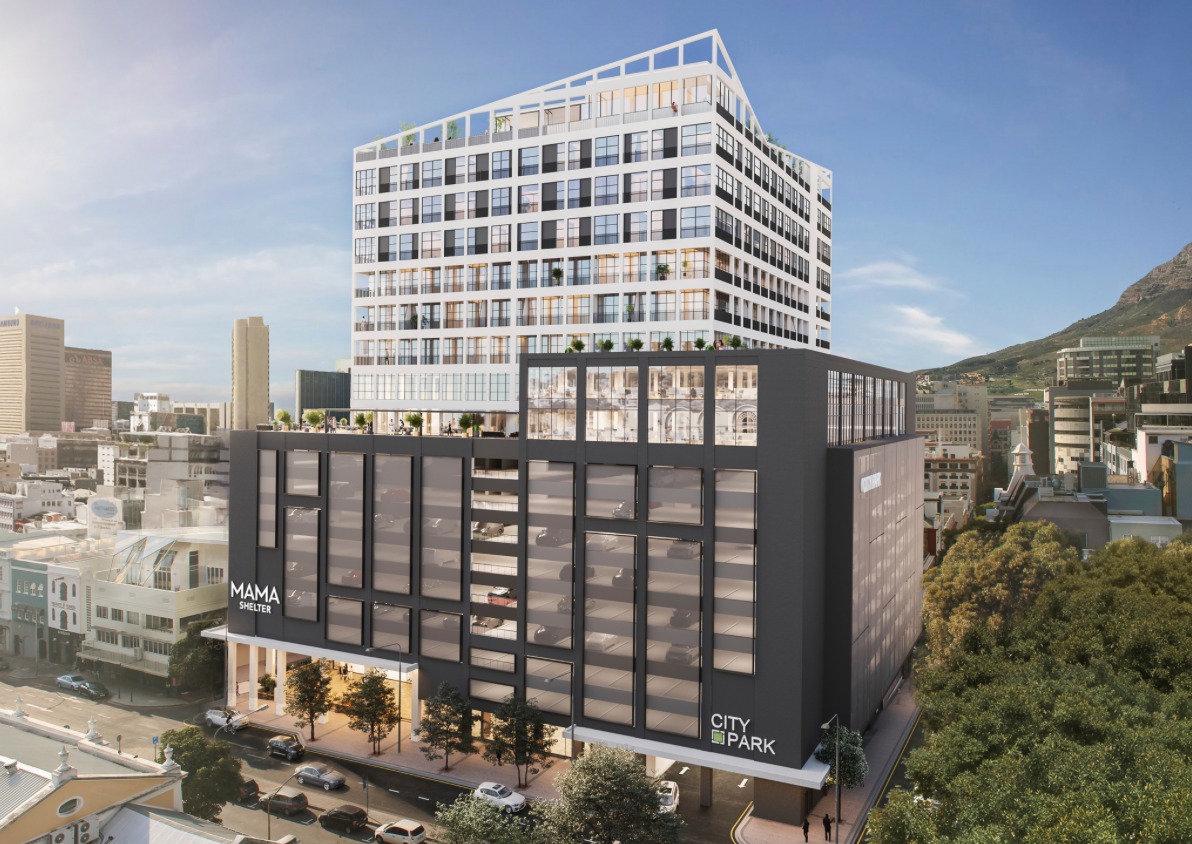UK: According to data from RSM Hotels Tracker, hotel room rates have increased by 13 per cent for the year to February 2023, beating the rate of inflation at 10.4 per cent.
The data, produced by Hotstats and analysed by RSM UK, shows that average daily rates (ADRs) of occupied rooms have increased from £121.74 (January) to £128.94 (February) in the UK and from £185.43 to £196.26 in London.
UK hotel occupancy rates were up from 56.1 per cent in January to 64.3 per cent in February, and increased from 57.7 per cent to 63.8 per cent in London. Occupancy levels are yet to reach pre-pandemic volumes of 69.6 per cent (UK) and 69.8 per cent (London) in February 2020.
Revenue per available room (RevPAR) also rose from £68.24 (January) to £82.97 (February) in the UK, and from £107.03 to £125.31 in London – a jump from pre-pandemic years. Gross operating profits of UK hotels were up nearly seven per cent (24.4 per cent) and in London, up by six per cent (31.6 per cent).
Chris Tate, head of hotels and accommodation at RSM UK, said: ‘The hotel sector is managing to increase its room rates so that they outpace soaring rates of inflation, which others in the leisure and hospitality sector haven’t been able to do.
“While the hotels sector is not quite out of the woods yet as it tries to get back up to pre-pandemic occupancy levels, consumer confidence is improving, in-person events are continuing to make a comeback and with Easter and three bank holidays in May coming up, there are certainly pockets of optimism on the horizon for the sector.”
VisitEngland’s Easter Trip Tracker Survey showed that 6.5 million Brits are planning an overnight holiday trip in the UK for the Easter weekend, bringing an estimated £1.8 billion boost to the economy.
A further 3.4 million people were undecided about whether to take an overnight trip, and cited the top three reasons: waiting for special deals or offers, affordability, and weather uncertainty.
Thomas Pugh, economist at RSM UK, said: “Households’ real incomes in 2023 are set for another sharp drop in the first half of 2023. That means that consumer spending will also probably drop after the one per cent q/q fall in Q3 2022.”
He said that despite consumers cutting back on discretionary areas because of the cost-of-living crisis, they are still spending on hospitality services: “Surprisingly, spending on hospitality services has continued to grow over the last three quarters, despite the huge headwinds as consumers have favoured experiences over goods.
“However, even hospitality spending will suffer in the face of a near two per cent drop in real incomes this year. Indeed, with consumer confidence near a record low, meaning that consumers are still adding to their pile of excess savings rather than spending them, we think total consumer spending will fall by about two per cent in 2023.”








